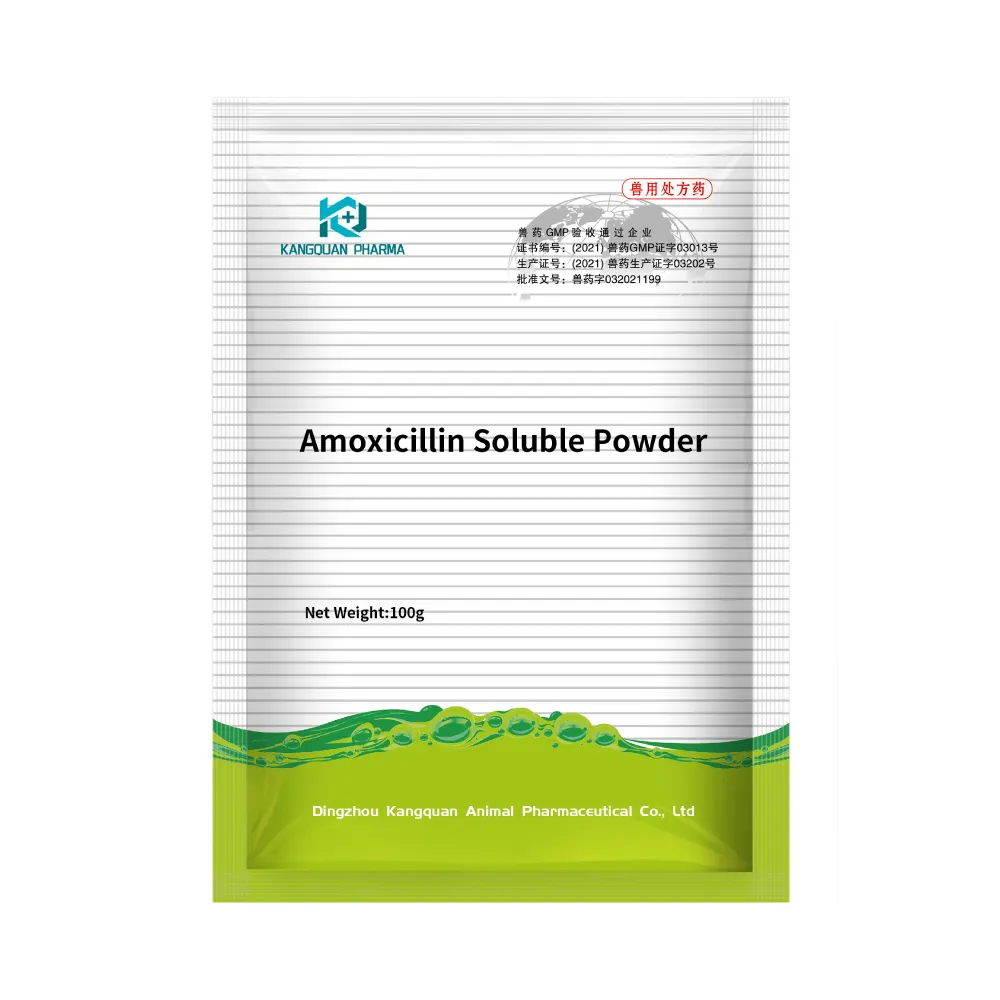- Afrikaans
- Albanian
- Amharic
- Arabic
- Armenian
- Azerbaijani
- Basque
- Belarusian
- Bengali
- Bosnian
- Bulgarian
- Catalan
- Cebuano
- Corsican
- Croatian
- Czech
- Danish
- Dutch
- English
- Esperanto
- Estonian
- Finnish
- French
- Frisian
- Galician
- Georgian
- German
- Greek
- Gujarati
- Haitian Creole
- hausa
- hawaiian
- Hebrew
- Hindi
- Miao
- Hungarian
- Icelandic
- igbo
- Indonesian
- irish
- Italian
- Japanese
- Javanese
- Kannada
- kazakh
- Khmer
- Rwandese
- Korean
- Kurdish
- Kyrgyz
- Lao
- Latin
- Latvian
- Lithuanian
- Luxembourgish
- Macedonian
- Malgashi
- Malay
- Malayalam
- Maltese
- Maori
- Marathi
- Mongolian
- Myanmar
- Nepali
- Norwegian
- Norwegian
- Occitan
- Pashto
- Persian
- Polish
- Portuguese
- Punjabi
- Romanian
- Russian
- Samoan
- Scottish Gaelic
- Serbian
- Sesotho
- Shona
- Sindhi
- Sinhala
- Slovak
- Slovenian
- Somali
- Spanish
- Sundanese
- Swahili
- Swedish
- Tagalog
- Tajik
- Tamil
- Tatar
- Telugu
- Thai
- Turkish
- Turkmen
- Ukrainian
- Urdu
- Uighur
- Uzbek
- Vietnamese
- Welsh
- Bantu
- Yiddish
- Yoruba
- Zulu
8 月 . 20, 2024 13:28 Back to list
Injectable Ivermectin for Sheep Health and Parasite Control Solutions
Ivermectin Injectable for Sheep A Comprehensive Overview
Ivermectin is a widely recognized antiparasitic agent commonly used in veterinary medicine, particularly in sheep farming. As a potent and broad-spectrum endectocide, it effectively combats a variety of internal and external parasites, making it an essential tool for sheep producers aiming to maintain the health and productivity of their flocks. This article provides an in-depth look at Ivermectin injectable formulations for sheep, including their uses, administration, side effects, and considerations for effective parasite management.
Uses of Ivermectin in Sheep
Ivermectin injectable formulations are primarily employed to control a range of parasitic infestations in sheep, including nematodes, arthropods, and ectoparasites. It is particularly effective against gastrointestinal roundworms (such as Haemonchus contortus and Teladorsagia circumcincta), lungworms, and certain ectoparasites like mites and lice. The action of Ivermectin disrupts the nervous systems of these parasites, leading to paralysis and subsequent death. This broad-spectrum activity makes it invaluable for managing both clinical and subclinical infections, thereby enhancing animal welfare and productivity.
In addition to its antiparasitic properties, Ivermectin is also used in integrated parasite management programs. By integrating the use of Ivermectin with other management practices, such as rotational grazing and strategic deworming, sheep producers can mitigate the risk of developing resistance among parasite populations.
Administration Guidelines
Ivermectin is typically administered as an injectable solution, which allows for accurate dosing and rapid absorption into the bloodstream. The recommended dosage for sheep is generally 0.2 mg/kg of body weight, but producers should always refer to the specific product label for precise dosing instructions. The injectable form is particularly beneficial in cases where oral administration may be challenging, such as in stressed or sick animals that may not consume a medicated feed.
ivomec injectable for sheep

When administering Ivermectin, it is crucial to follow proper handling and injection practices to minimize stress on the animal and ensure effective treatment. This includes using sterile equipment, properly restraining the sheep, and administering the injection subcutaneously or intramuscularly, depending on the manufacturer's guidelines.
Side Effects and Considerations
Ivermectin is generally well-tolerated by sheep; however, some individual animals may experience mild side effects, such as temporary lethargy or swelling at the injection site. Severe reactions are rare but can occur, particularly if animals are administered higher than recommended doses. As with any medication, it is essential to observe the treated animals for any adverse effects following administration.
Producers should also be aware of the potential for developing anthelmintic resistance due to repeated use of the same class of dewormers. To minimize resistance, it is recommended to implement strategies such as rotating the types of dewormers used, performing fecal egg count reduction tests, and only treating animals that require it based on clinical signs and fecal exams.
Conclusion
Ivermectin injectable for sheep is a vital component of effective parasite management in sheep production. Its broad spectrum of activity against various parasites, ease of administration, and low incidence of side effects make it an indispensable tool for sheep producers. However, responsible usage is essential to maintain its efficacy and mitigate the risk of resistance. By integrating Ivermectin into a comprehensive management program, sheep farmers can enhance the health and productivity of their flocks, ensuring sustainability in their operations.
-
The Power of Radix Isatidis Extract for Your Health and Wellness
NewsOct.29,2024
-
Neomycin Sulfate Soluble Powder: A Versatile Solution for Pet Health
NewsOct.29,2024
-
Lincomycin Hydrochloride Soluble Powder – The Essential Solution
NewsOct.29,2024
-
Garamycin Gentamicin Sulfate for Effective Infection Control
NewsOct.29,2024
-
Doxycycline Hyclate Soluble Powder: Your Antibiotic Needs
NewsOct.29,2024
-
Tilmicosin Premix: The Ultimate Solution for Poultry Health
NewsOct.29,2024













